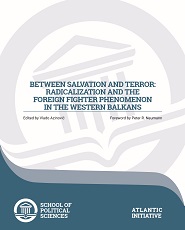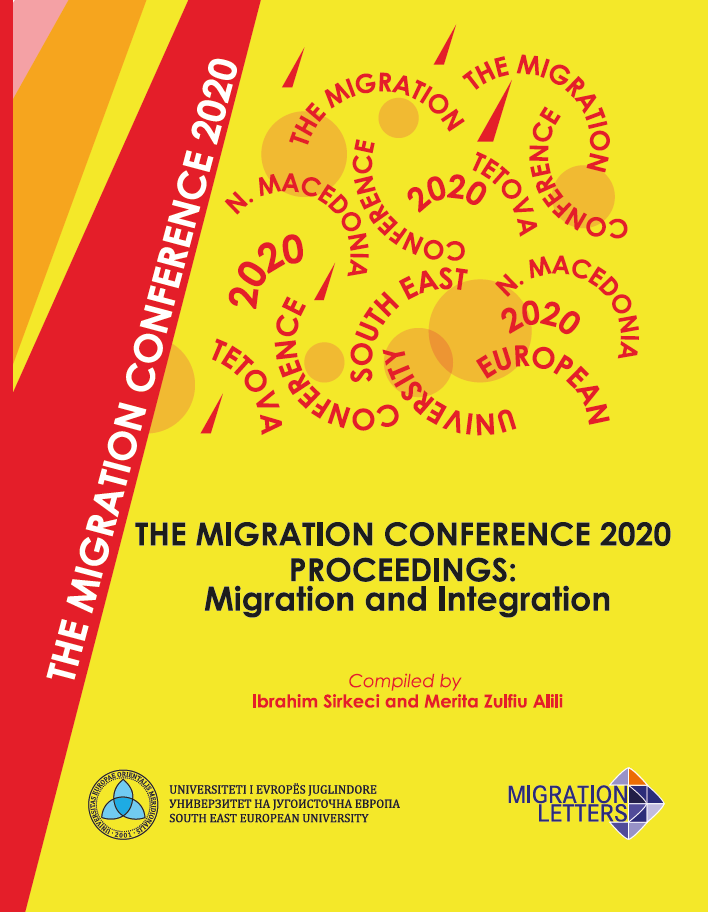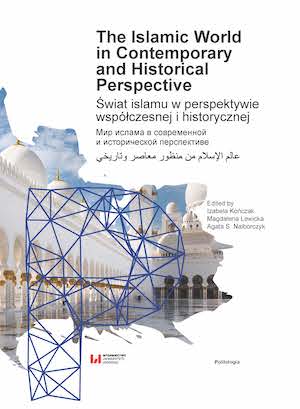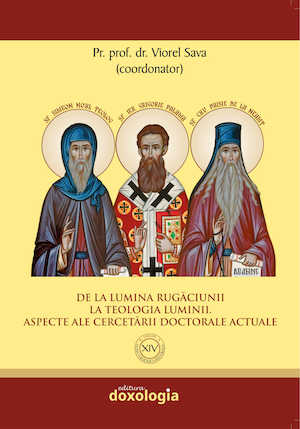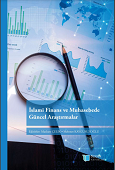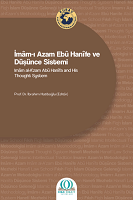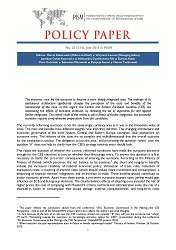
№104: Pulling the Rope: The Struggle between Official and Popular Islam in Egypt
As so often in the past after political upheavals, the state in Egypt is trying to get a strong grip on Islam. But it is only able to control the institutionalised element of the religion (“official” Islam), whereas the uncontrollable and fragmented form, “popular” Islam, meaning the real source of religious inspiration for people, is metamorphosing. The result of this process will not only determine the future agents of mass mobilisation but may also signal a broader social transformation in the Arab world in the long term.
More...
